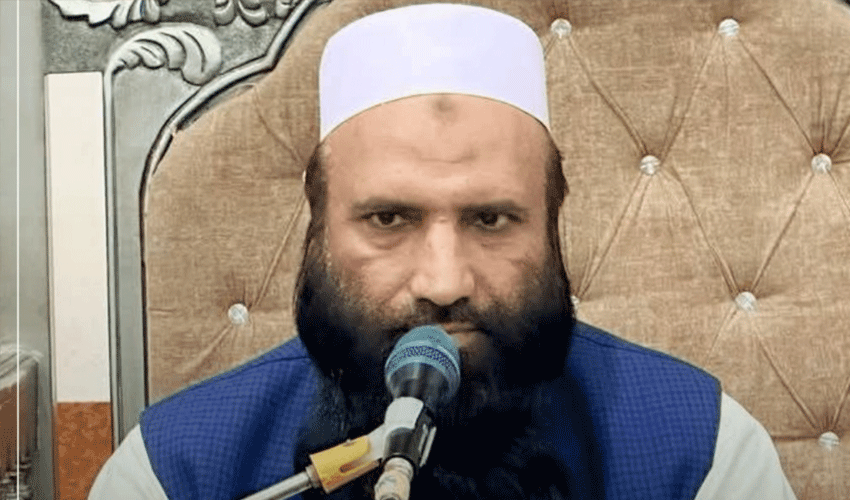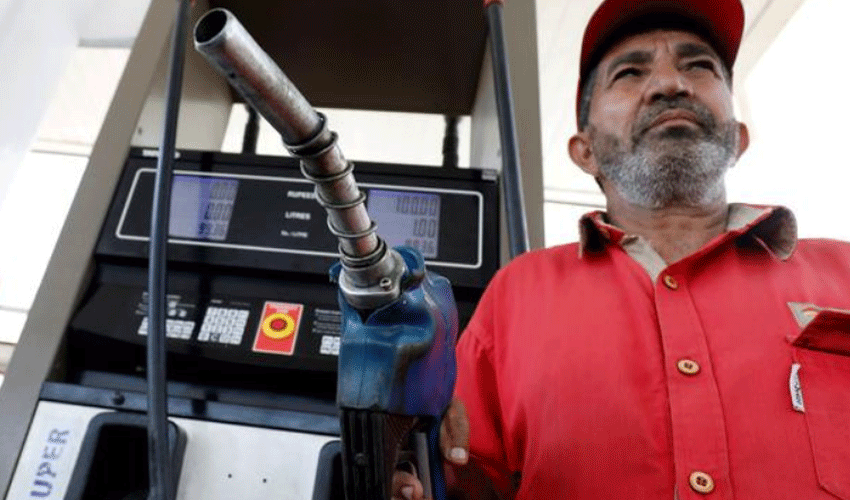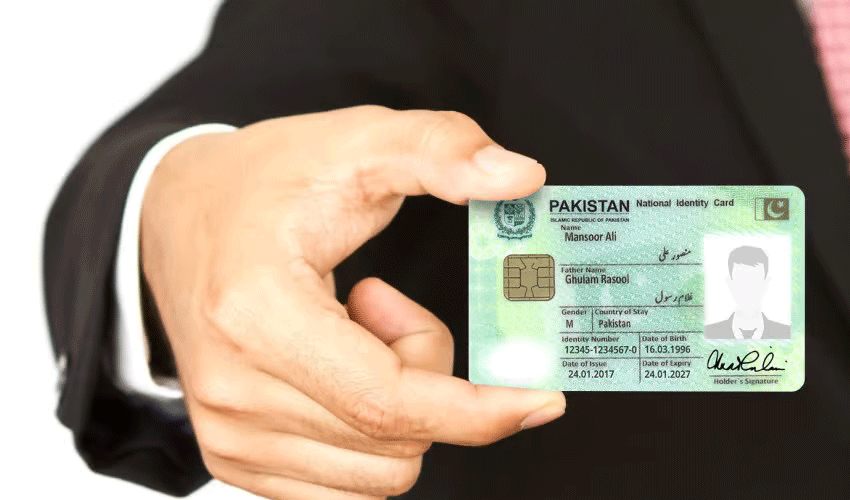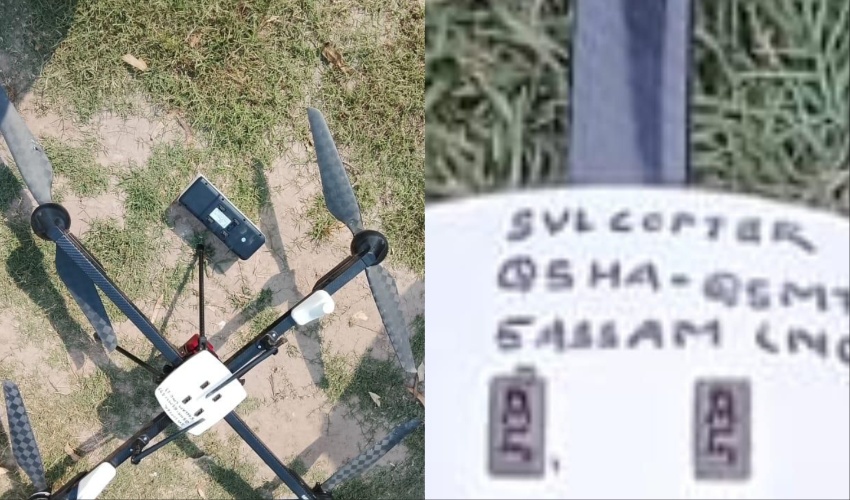As tensions between Pakistan and India escalate following the deadly attack in Pahalgam, new revelations have emerged that cast doubt on Indian claims blaming Pakistan-based individuals for the incident.
Indian media has reported that Saifullah Khalid Kasuri masterminded the attack. Among those named is Saifullah Kasuri, a Pakistani political figure who, until now, has maintained a modest public profile rooted in constituency work and civic engagement.
These claims, however, remain unverified; renowned India media outlets have acknowledged that it could not independently confirm the intelligence inputs.
The attack in Pahalgam, situated in South Kashmir’s Anantnag district, occurred on a day of significant geopolitical importance. While U.S. Vice President JD Vance was visiting India, Indian Prime Minister Narendra Modi was on a state visit to Saudi Arabia — a visit he cut short, returning to New Delhi the following morning.
"India needs a scapegoat": Dr Muzammil reacts
During an appearance on Samaa Digital's show Samaa Podcast, Dr Muzammil - General Secretary of the Pakistan Markazi Muslim League - made strong statements during a television appearance, calling the incident a “staged drama” orchestrated by India to serve its political and strategic goals.
“This Pahalgam incident is not isolated,” Dr. Muzammil said. “For the past several months, there has been growing talk of India attempting to renegotiate the Indus Waters Treaty, a move that would directly harm Pakistan's water security. They needed justification. And as always, they found a name in Pakistan to point fingers at — this time, Saifullah Kasuri.”
Dr. Muzammil expressed disbelief at the choice of Kasuri, describing him as a middle-class political worker always present among the people — whether in mosques, hospitals, funerals, or community events.
“He’s not a millionaire. He’s not hiding in the shadows. He’s a public figure. Why would someone like him mastermind an international act of terror?” Dr. Muzammil questioned. “This is clearly a media narrative built to divert attention and gain sympathy.”
Pattern of manufactured crises?
Dr. Muzammil referenced historical incidents such as the Samjhauta Express blast, Ahmedabad riots, and the Babri Masjid demolition to argue that India has repeatedly used internal events to distract the world and target Pakistan.
“These dramas have been staged before. Now that Pakistan is gaining stability — particularly in Balochistan — and has even discovered natural mineral reserves worth $8 trillion, India sees it as a threat,” he claimed.
The politician also connected the timing of the attack with India’s desire to control rivers like Chenab and Jhelum, currently protected under the Indus Waters Treaty, a pact brokered by the World Bank.
“India has already exploited the Ravi, Beas, and Sutlej rivers. Now they want more. But they can’t just tear up the Treaty — so they create a crisis and push a narrative,” said Dr. Mujammil. “Why is there no international outcry or investigation into the truth?”
Interestingly, public skepticism has also surfaced within India. Social media users and opposition figures have raised questions about how such an attack could occur under the watch of India's top intelligence agencies, especially with over 1 million troops stationed in Kashmir.
“With heavy security, surveillance, and a pilgrimage season underway, how can such an incident happen? Even some Indians are starting to ask this,” Dr. Muzammil noted. “If an international investigation is held, fingers could point at the very top — maybe even Modi himself.”
While condemning the attack and the loss of innocent lives, Dr. Muzammil emphasized that violence should not be used as a political tool, urging for serious progress in resolving the Kashmir dispute.
“Pakistanis understand the pain of losing innocent lives. We’ve seen this in Balochistan, KP, everywhere. But you cannot politicize tragedy to serve your expansionist agenda,” he added. “Let’s move forward through dialogue and referendum, as promised by international actors decades ago.”



























